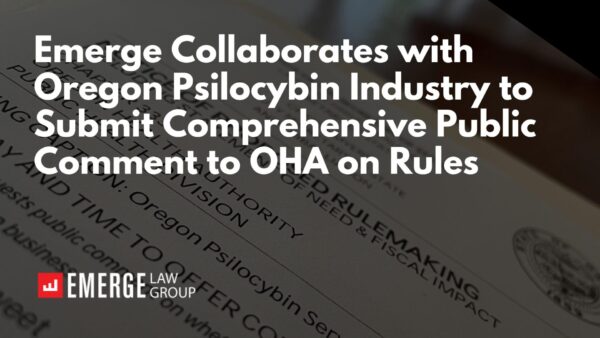Author: Sean Clancy
An audit provision is a clause in an intellectual property license agreement that provides the right for the licensee (the party receiving the license) or the licensor (the party granting the license) to inspect the records of the other party to verify compliance with the terms of the agreement. This provision is included in intellectual property license agreements to ensure that both parties are complying with the terms of the agreement.
One common reason for an audit is to ensure that the licensee is paying the correct royalty fee. The license agreement will typically specify the amount of royalties that the licensee must pay for the use of the intellectual property. An audit provision gives the licensor the right to inspect the licensee’s records to ensure that the correct royalty fees are being paid. This helps to prevent the licensee from underreporting the amount of royalties owed, which would be a breach of the agreement.
Another reason for an audit is to ensure that the licensee is using the intellectual property in accordance with the terms of the license agreement. For example, if the license agreement restricts the use of the intellectual property to a certain geographic area or market segment, an audit provision can help to ensure that the licensee is not using the intellectual property outside that area. This helps to prevent unauthorized use of the intellectual property.
In addition to protecting the interests of both parties, an audit provision can also help to avoid disputes that may arise under the license agreement. For example, if the licensee disputes the amount of royalties owed, an audit provides a legal right for licensee to review royalty reporting without resorting to a lawsuit. Similarly, if the licensor believes that the licensee is using the intellectual property outside the terms of the agreement, an audit can provide evidence about whether or not a violation is occurring.
It is also important to consider limitations on the use of the audit provision. For example, the audit provision may specify that audits can only be conducted during business hours and with reasonable advance notice. Additionally, the frequency of audits may be limited to prevent excessive intrusion into the licensee’s business.
An audit provision is another critical component of an intellectual property license agreement. It provides a means for verifying compliance with the terms of the agreement, resolving disputes, and preventing unauthorized use of the intellectual property. The inclusion of an audit provision in an intellectual property license agreement helps to protect the interests of both parties and ensures that the license agreement is properly enforced.





